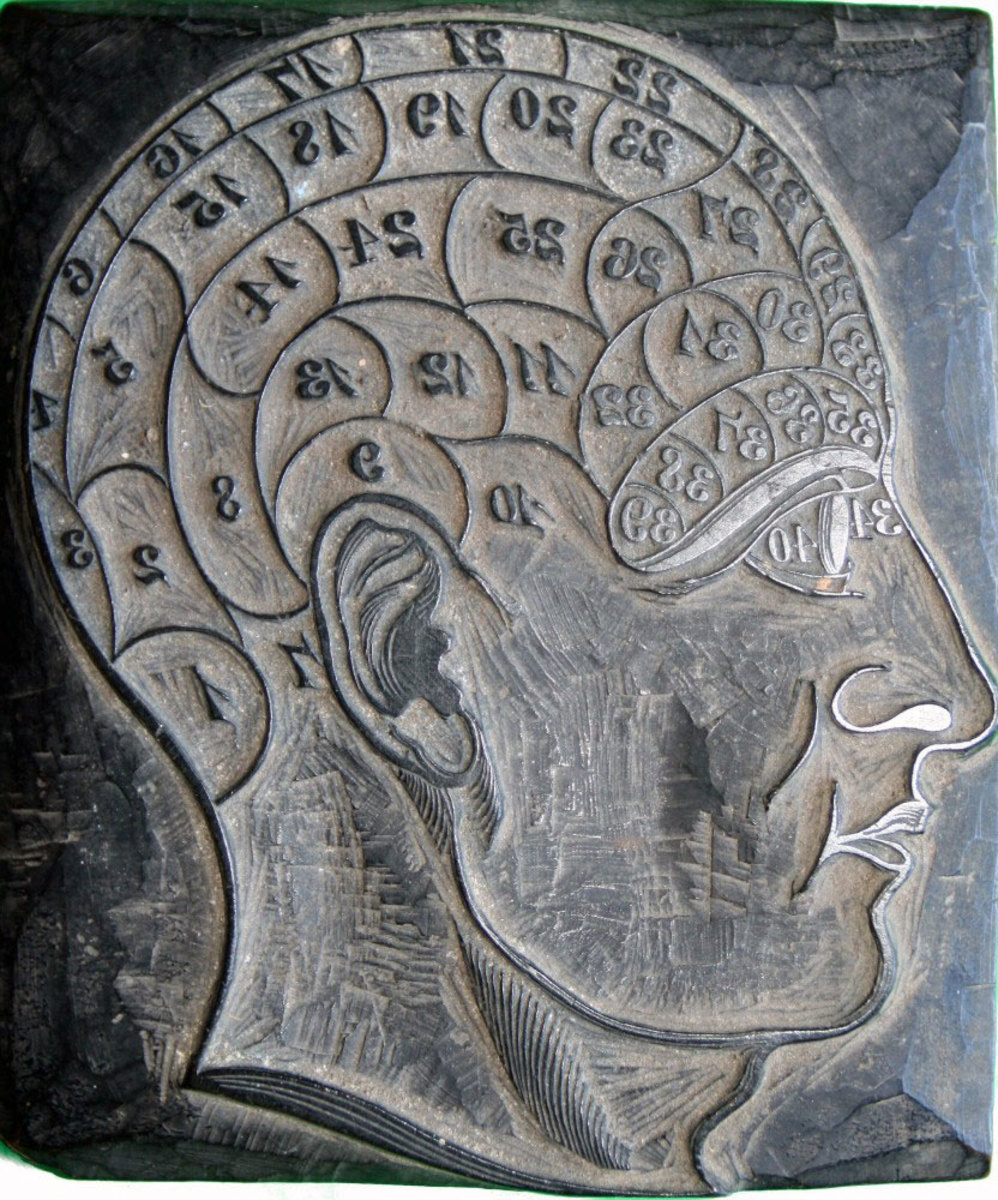Scientific Theory

Psychoanalytical Review of A Scientific Theory
The Psychoanalytical Theory was founded by Sigmund Freud (1856-1939) that focuses on the mind of the client and addresses childhood events that could be a direct determinant of the behaviors exhibited in adulthood. As stated by Phillip Fenton (2014), “The clinical strategy of analysis, therefore, has been led by Freud’s fundamental rule for the patient: “say what is on your mind.” The analyst’s role is to respond to the patient’s associations, encouraging their evolution and finding patterns from the patient’s associational process. That is to say, the patient is treated like an experiencing subject.” (p. 7). A collaborative case study conducted, further elaborated on the direct cause of behavior patterns and mental health with the state of the interpersonal relationships of the client, “Psychoanalytic theory has always stressed the centrality of interpersonal dynamics to the emergence and maintenance of psychic illness. An important focus of psychodynamic research has consequently been on the identification and description of specific relationship patterns, and their associations with symptomatology.” (Cornelis. 2017). The psychoanalytical theory works on the idea personality is derived from aspects of the unconscious. “According to psychoanalytical theory, dreams, and indeed most aspects of psychological experience, are said to have two levels of content- manifest content and latent content.” (Friedman. 2012). Manifest content being what a person regards, or remembers, in their conscious mind. Whereas, latent content is considered to be the part of the subconscious that has a more hidden underlying meaning.
Similarly, to the psychoanalytical theory, the humanistic theory also is attributed to stimulating a person to think of who they are. Both encourage a self-awareness, or self-actualization of the client. The difference being that the psychoanalytical theory focuses mainly on the unconscious and attaches a direct relationship between childhood behaviors and sexual behaviors, whereas, the humanistic theory puts focus on the conscious awareness of the client. According to the Salem Press Encyclopedia of Health, “In humanistic psychology, an existence is one’s irreducible being in a world that is carved out by one’s personal involvements.” (Aanstoos. 2013). Therefore, the psychoanalytical theory is more clinically based, putting emphasis on the clinical concept of identifying the root cause of the inappropriate behaviors, whereas, the humanistic theory deals less with a clinical basis and more with encouraging a heightened awareness. In a report in the Journal Of Humanistic Counseling, Sonia Wichmann states, “Although more research is needed before the universality of autonomy as a psychological human need can be claimed, a growing body of literature suggests that autonomy, when accurately defined, is essential to full functioning and mental health across cultures (Ryan & Deci, 2006). It is important, therefore, for humanistic counselors to encourage autonomy in their clients from all cultural backgrounds.” (Wichmann. 2011).
In retrospect, the psychoanalytical theory works on the basis that external influences, such as how a child was parented, drives the personality, which differs with the humanistic theory in that it works on the premise that internal influences, not external, are the basis for determining personality through self-awareness.
References
Aanstoos, C. M. (2013). Humanistic psychology. Salem Press Encyclopedia Of Health,
Cornelis, S., Desmet, M., Meganck, R., Cauwe, J., Inslegers, R., Willemsen, J., & ... Vandenbergen, J. (2017). Interactions between obsessional symptoms and interpersonal dynamics: An empirical single case study. Psychoanalytic Psychology, 34(4), 446-460. doi:10.1037/pap0000078
Fenton, P. T. (2014). Psychoanalytic Theory: Perspectives, Techniques and Social Implications. New York: Nova Science Publishers, Inc.
Friedman, Howard S., and Miriam W. Schustack. Personality: Classic Theories and Modern Research. Allyn & Bacon, 2012.
Wichmann, S. S. (2011). Self-Determination Theory: The Importance of Autonomy to Well-Being Across Cultures. Journal Of Humanistic Counseling, 50(1), 16-26.








